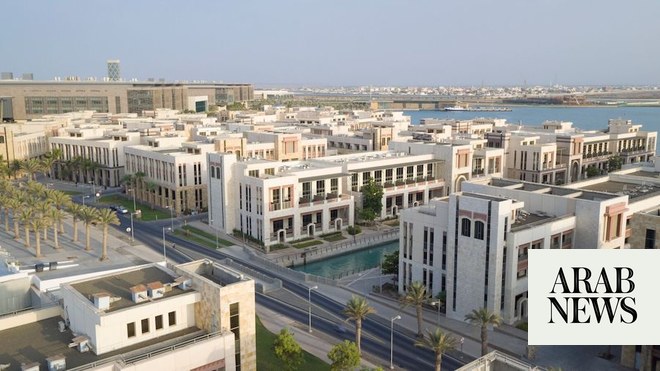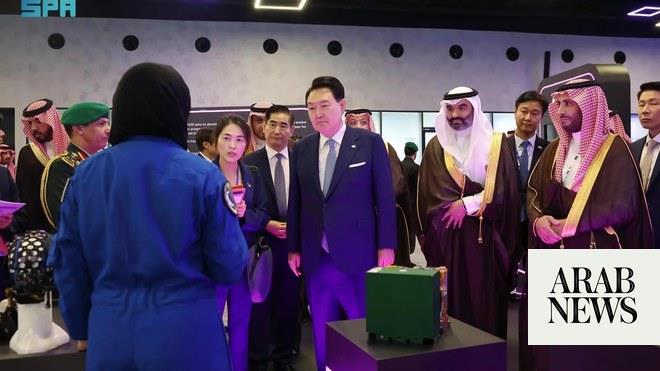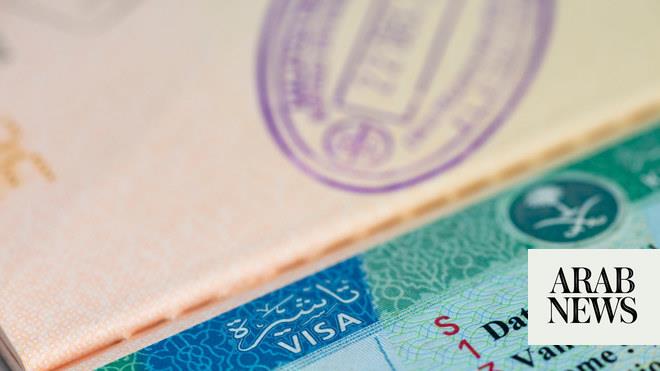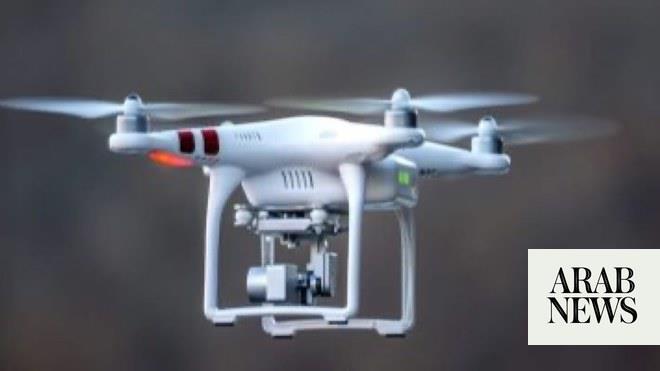
Saudi Arabia has long been synonymous with oil. For decades, its economy has been heavily reliant on this “black gold,” with petroleum exports dominating its revenue streams. However, the Kingdom’s leadership, under the dynamic Crown Prince Mohammed bin Salman, has initiated a profound transformation, aiming not only to reduce Saudi Arabia’s dependence on oil but also to position it as a global hub for innovation, entrepreneurship and technological advancement.
This multifaceted strategy to transition Saudi Arabia from an oil-dependent economy to a high-tech powerhouse is being watched closely by Western governments, which realize that partnership with the Kingdom can be mutually beneficial and can help to develop the next generation of innovation and high-tech industries.
It appears that the Kingdom has acknowledged that the scale of its Vision 2030 ambitions may be overwhelming for some, necessitating a substantial effort to build confidence and promote partnerships and cooperation. Consequently, it is making substantial investments in five vital elements to underscore its commitment to fostering partnerships.
The Kingdom has, in the past, played an oversized role in the economy. It now recognizes the importance of a vibrant private sector in driving economic diversification. To this end, the Saudi government has undertaken several initiatives to make it easier for businesses to operate, encouraging both domestic and foreign investment. Reforms include simplifying regulations, streamlining business procedures and offering incentives to startups and technology firms.
With Saudi Arabia having one of the largest youth populations in the region, Vision 2030 also places a strong emphasis on developing the nation’s human capital. This involves reforms in the education sector to ensure that Saudi youths are equipped with the skills needed for the high-tech industries. Moreover, efforts have been made to enhance the participation of women in the workforce, increasing the overall talent pool.
Technological advancement and innovation will drive the future global economy. To help the transition toward a high-tech economy, the establishment of research centers and innovation hubs, such as the King Abdullah University of Science and Technology and the King Abdulaziz City for Science and Technology, has fostered technological advancement and innovation in various fields.
Beyond oil, the Kingdom aims to diversify its sources of revenue. This involves the development of sectors like tourism, entertainment and renewable energy, which contribute to economic stability and create new opportunities for Saudi citizens.
And with climate change and freak weather conditions becoming much more commonplace, every strategy must acknowledge the importance of sustainability and environmental responsibility. Initiatives to reduce carbon emissions, increase energy efficiency and promote clean energy sources are thus factored into all planning.
This foundation will help the Saudi government attract foreign investment in high-tech sectors. Initiatives like the Saudi Vision Realization Programs provide incentives for foreign companies to establish a presence in the Kingdom, bringing with them expertise, capital and technology.
The Kingdom has subsequently seen a rapid rise in the number of startups and tech entrepreneurs. Initiatives like the Misk Innovation program provide support and funding to aspiring entrepreneurs, fostering a culture of innovation and entrepreneurship.
Investments in digital infrastructure, including high-speed internet and the expansion of 5G networks, have laid the foundation for the growth of high-tech industries such as e-commerce, fintech and artificial intelligence.
The establishment of innovation hubs and technology parks — such as NEOM, the futuristic city planned in the northwest of Saudi Arabia, and the Riyadh Techno Valley — has provided physical space for research, development and collaboration among tech companies and startups.
Saudi Arabia has invested heavily in higher education and research institutions, fostering a culture of innovation and knowledge creation. Institutions like KAUST have attracted top talent and conducted groundbreaking research in various fields.The Kingdom has formed strategic partnerships with global tech giants like Amazon, Google and Huawei, facilitating knowledge transfer, technology exchange and the development of joint ventures in emerging tech sectors.
And Saudi Arabia’s efforts are now beginning to bear fruit.
The Kingdom has made significant strides in renewables as a result of Vision 2030’s goal to diversify energy sources. Projects like the NEOM’s solar farm, one of the largest in the world, demonstrate Saudi Arabia’s commitment to clean energy and sustainability.
Saudi Arabia has been investing in AI research and development, with applications ranging from healthcare to finance. Initiatives like the Saudi Data and AI Authority aim to harness the potential of AI to drive economic growth and innovation.
The development of world-class entertainment and tourism sectors has attracted international visitors and investment. The opening of entertainment venues, including cinemas and theme parks, has transformed the country’s cultural landscape.
The fintech sector in Saudi Arabia is experiencing rapid growth, with startups offering innovative financial services and payment solutions. Regulatory reforms have created a conducive environment for fintech innovation.
However, this long and ambitious road is not without its bumps and hurdles. While Saudi Arabia’s shift toward high technology is promising, several challenges must be addressed.
Developing a skilled workforce for high-tech industries remains a challenge. Bridging the skills gap and providing quality education and training are crucial.
Continued efforts to streamline regulations and create a business-friendly environment are needed to attract more foreign investment and foster innovation.
Encouraging a culture of innovation, risk-taking and entrepreneurship among Saudi citizens is an ongoing process that requires societal support and education.
Saudi Arabia faces global competition in the high-tech sector. Maintaining its competitive edge will require sustained investment, innovation and adaptability.
The crown prince’s Vision 2030 is driving a transformative shift in Saudi Arabia’s economy, from heavy dependence on oil to a diversified, high-tech future. The Kingdom has made remarkable progress in building a thriving high-tech ecosystem, attracting foreign investment, nurturing startups and investing in research and innovation. While challenges remain, Saudi Arabia’s vision and commitment to this transformation are poised to position the nation as a global leader in high technology, ensuring a prosperous and sustainable future for generations to come.
• Dr. Azeem Ibrahim is director of special initiatives at the New Lines Institute for Strategy and Policy in Washington, D.C., and the author of “The Rohingyas: Inside Myanmar’s Genocide” (Hurst, 2017). X: @AzeemIbrahim










